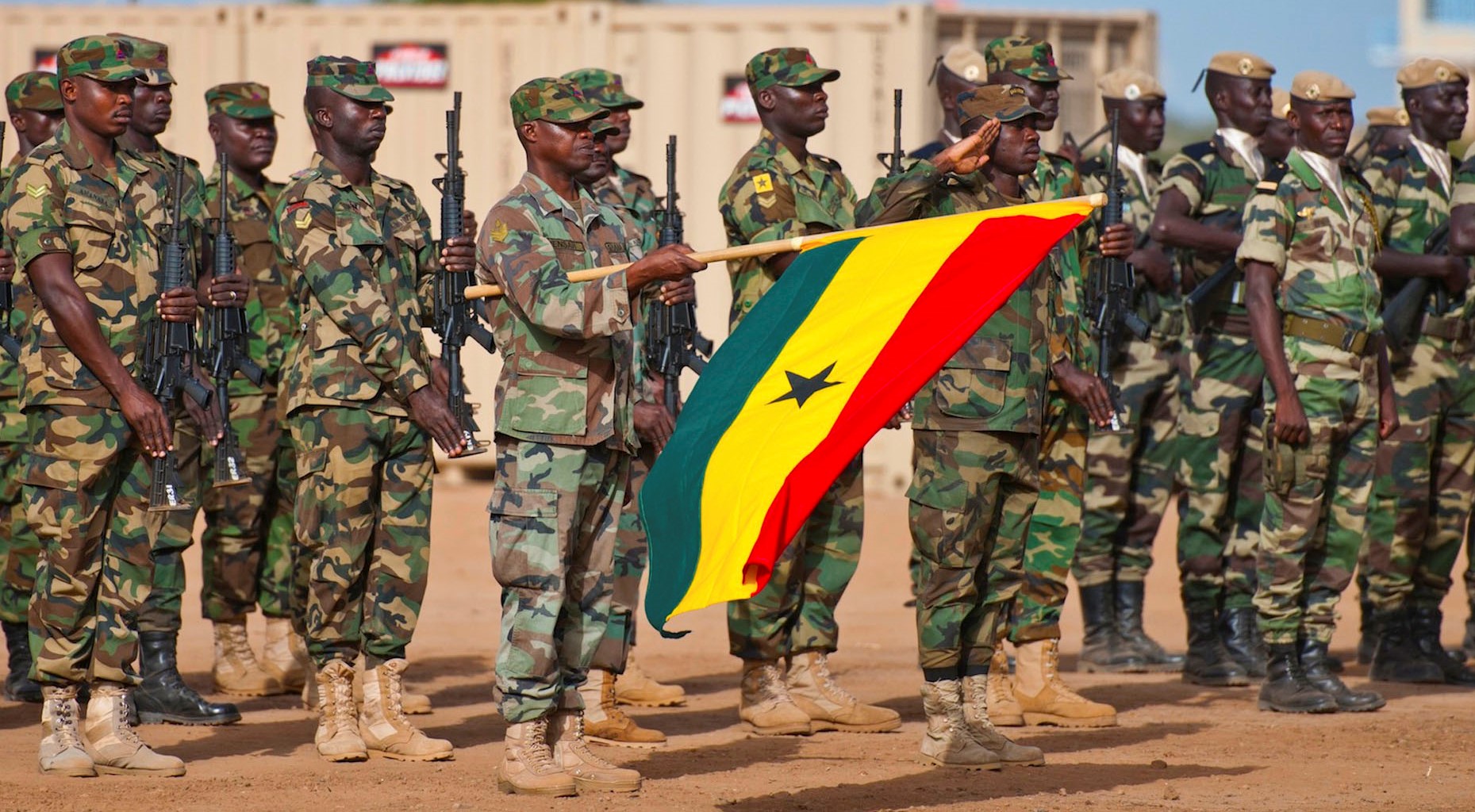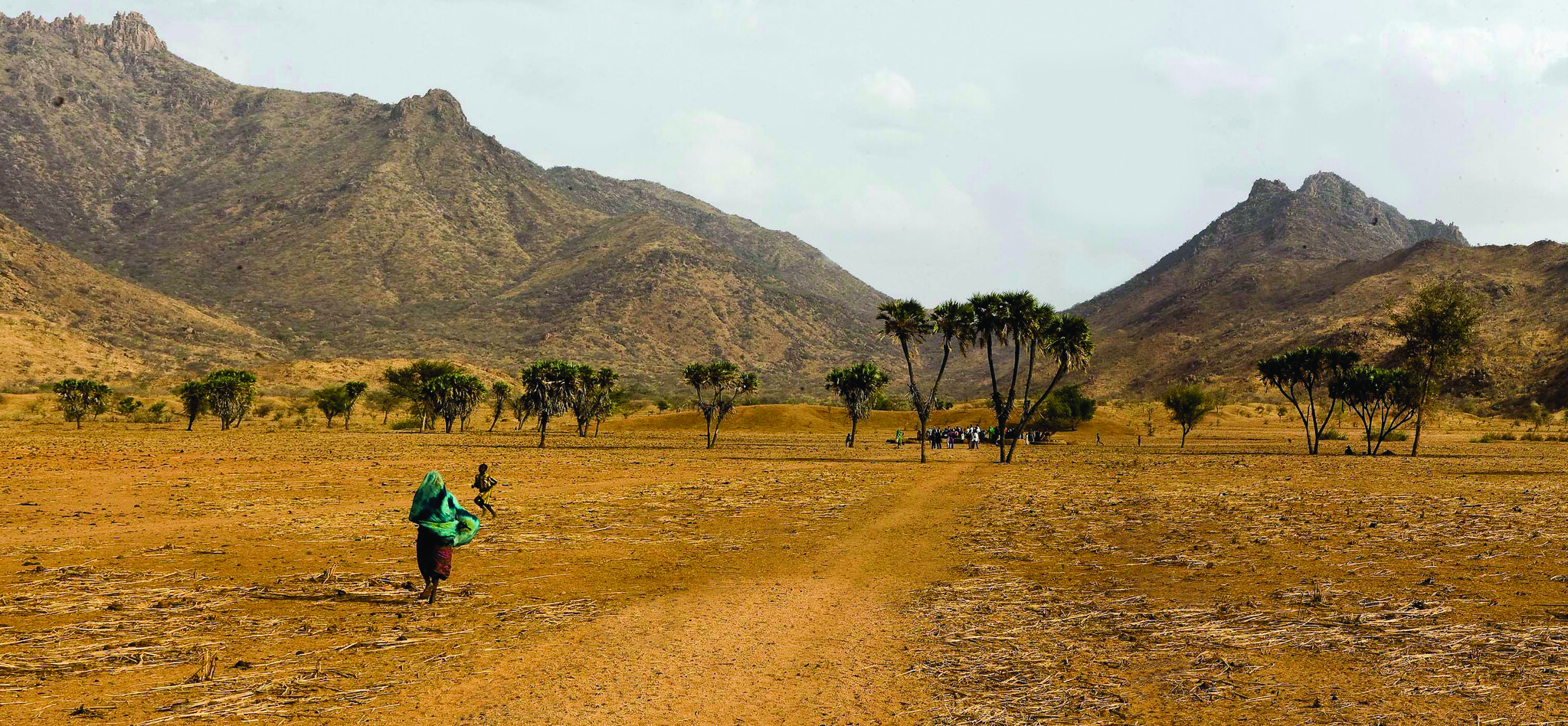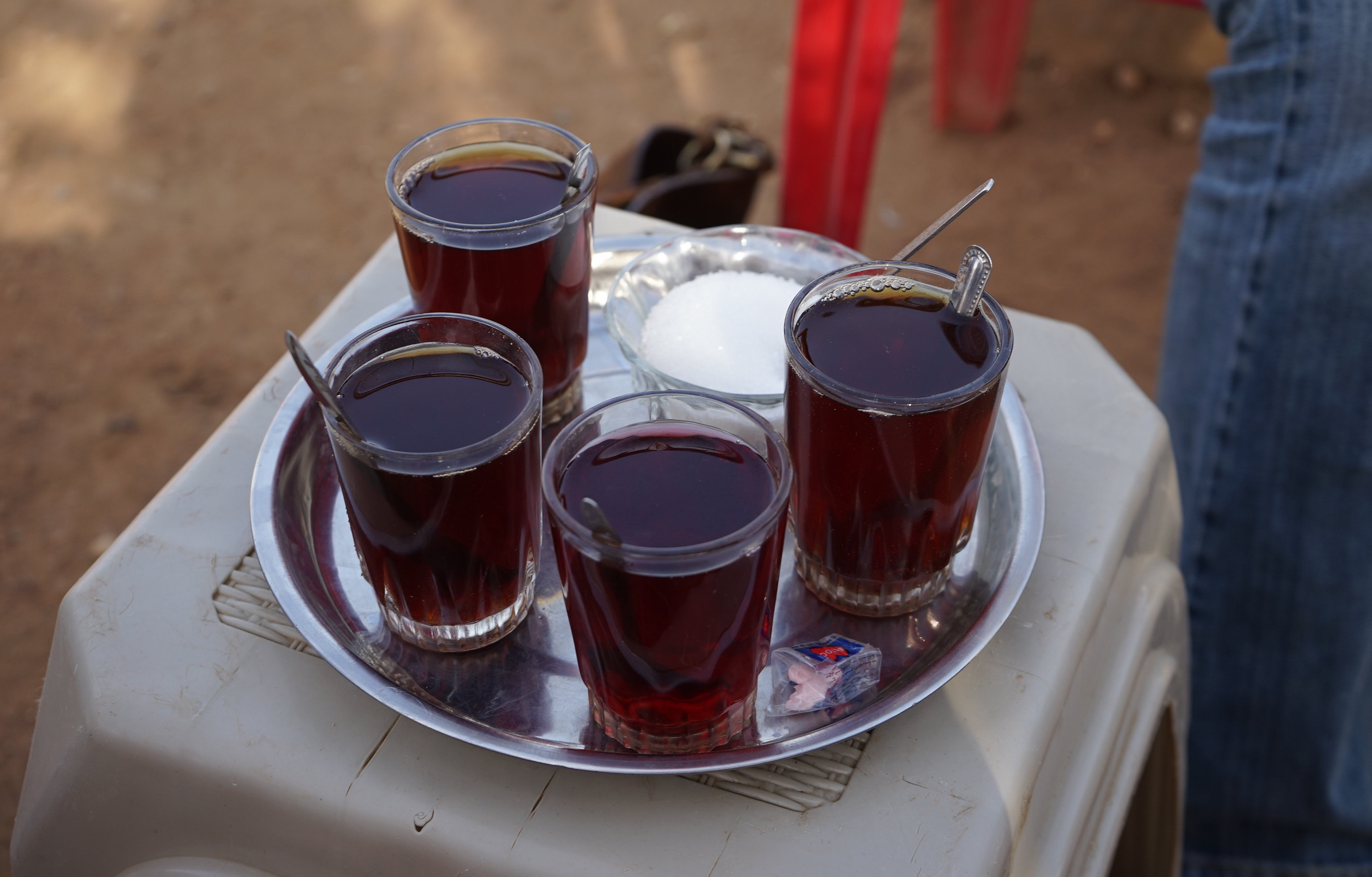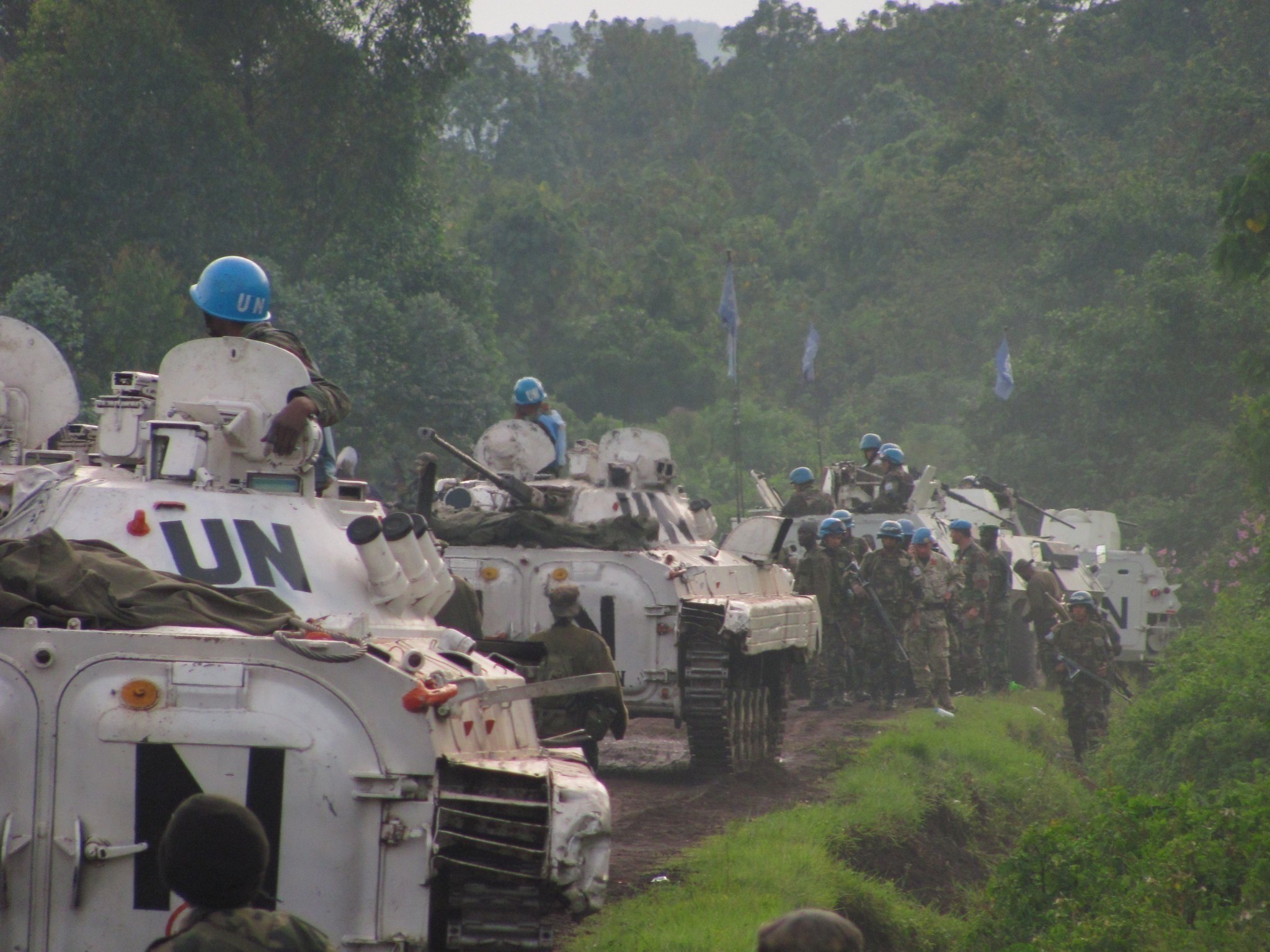On 30 June 2023, the UN Security Council decided to terminate the UN peacekeeping operation in Mali. Despite security risks associated with the peacekeepers’ exit, the move has widespread public support, writes Hannah Smidt, Daniëlle Bom, Johannes Driessen, Marco Milo Lavina and Jana Wörner.
The UN peacekeeping operation MINUSMA was established in April 2013 in response to a multi-faceted security crisis. In mid-January 2012, separatist rebels that claimed to represent the Tuareg inhabitants in northern Mali joined forces with Islamist armed groups and began a campaign of violence.
A peace agreement was signed between the government and Tuareg rebel groups in 2015, but various Islamist armed groups like Ansar Din in the north and Katibat Macina in the centre continue to vie for control and commit atrocities against the population.
In August 2020, soldiers from the Malian army staged a coup and established a transitional civilian government. When this government tried to sideline military officers, the armed forces retook power and a new government with Colonel Assimi Goita as interim president was installed in May 2021. Now, a decade after they arrived and with conflict still raging across the country, the UN’s peacekeepers are leaving Mali with ill will from both the government and the public.
Withering consent
Much has been written about the deteriorating relationship between the Malian military junta government and the UN peacekeeping mission. On 16 May 2023, the government requested the peacekeepers’ “withdrawal without delay”. This request left the Security Council members with no other option than to terminate MINUSMA’s mandate.
Government consent for UN troops in their territory is always vital, but another important and overlooked aspect explaining peacekeepers’ withdrawal is the widespread negative sentiment of the Malian population toward MINUSMA. In February 2023, 57 per cent of the urban Malian population were dissatisfied with the work of the UN peacekeepers.
Legitimate complaints and communication failures
Survey data on the opinions of Mali’s urban population show popular criticism of the UN peacekeepers was rife before the arrival of Russian Wagner Group operatives in 2020 and, with it, the intensification of Russian disinformation campaigns in Mali.
In September 2014, just one year after MINUSMA’s initial deployment, one out of five urban residents already articulated a negative or very negative attitude toward the UN peacekeeping mission. In May 2015, only 32 per cent of the urban population thought that MINUSMA was completely or somewhat fulfilling its mandate. The majority (53 per cent) were convinced that UN peacekeepers did little or nothing at all to execute their mandate.
The most frequent complaint was that MINUSMA did not protect the population. While this complaint is understandable given the mounting violence from 2015 onward, UN peacekeepers did not receive any credit for their contribution to civilian peacebuilding and state-building tasks. Less than one-quarter of the urban population was aware of the peacekeepers’ support in the implementation of peace agreements or state authority extension.
Tragically, the UN peacekeepers also failed to explain the challenges that they faced in protecting civilians. In 2019, nearly two-thirds of the urban population could not mention any problems or challenges faced by MINUSMA despite frequent anti-UN terrorist attacks.
MINUSMA tried to convince citizens of its contributions to the peace process. It ran multiple communication efforts: a radio station known as Micado FM, a website, face-to-face outreach events, and social media accounts. These either had insufficient reach or only limited persuasive power.
Expectation management
Since 2016, violence against civilians has increased. Islamist groups like Al-Qaeda of the Islamic Maghreb in the north and Katiba Macina in the centre still pose the greatest danger, but civilians also fall victim to indiscriminate counter-terrorism operations by government forces and conflicts between communal groups.
In reaction, the Security Council requested MINUSMA to “take robust and active steps to counter asymmetric attacks against civilians.” While UN peacekeeping operations have a proven record in preventing signatory parties of peace agreements from returning to fighting peacekeepers are ill-equipped to contain terrorist violence.
MINUSMA’s new mandate of “countering asymmetric attacks” may have heightened expectations of peacekeepers that they were never going to meet. In 2016, 42 per cent were not satisfied with peacekeepers’ work. This figure rose to 53 per cent in 2017 and peaked at 78 per cent in 2019.
The difference between efforts and outcomes
Malian people were able to distinguish between peacekeepers’ efforts to protect civilians, and the outcomes of these protection efforts. Residents of the northern cities like Gao, Tombouctou, and Kidal were significantly less likely to disapprove of MINUSMA than residents in southern cities like Ségou or Bamako. One reason might be that people had more frequent personal contact with UN peacekeepers in the north, where the vast majority of blue-helmeted soldiers are deployed.
Direct exposure to peacekeepers’ work seemed to lead to more positive evaluations of the UN mission among the population in the north. This is noteworthy because some of the most severe violence against civilians occurs in the northern part of the country. As such, peacekeepers’ public image is not completely determined by the security situation, but by their presence and efforts.
Anti-MINUSMA sentiment and the government
The popular discontent with the UN peacekeepers helped the government to rid itself of MINUSMA. Yet, the withdrawal request by the military junta government was anything but democratic. The government wanted to remove the UN peacekeepers because they constrained their freedom of action and threatened their hold on power.
MINUSMA publicised grave human rights violations committed by government soldiers and Wagner Group operatives and pushed for the timetable of transition to a civilian government to be met.
Despite the likely negative implications of peacekeepers’ exit for the security of the civilian population, the government’s request for withdrawal was not met by large-scale popular criticism. Instead, the call for MINUSMA’s withdrawal may have even strengthened the government’s legitimacy. Only two days after the withdrawal, a government proposal for a new constitution was accepted by an overwhelming majority of Malian voters.
Photo credit: United Nations used with permission CC BY-NC-ND 2.0





